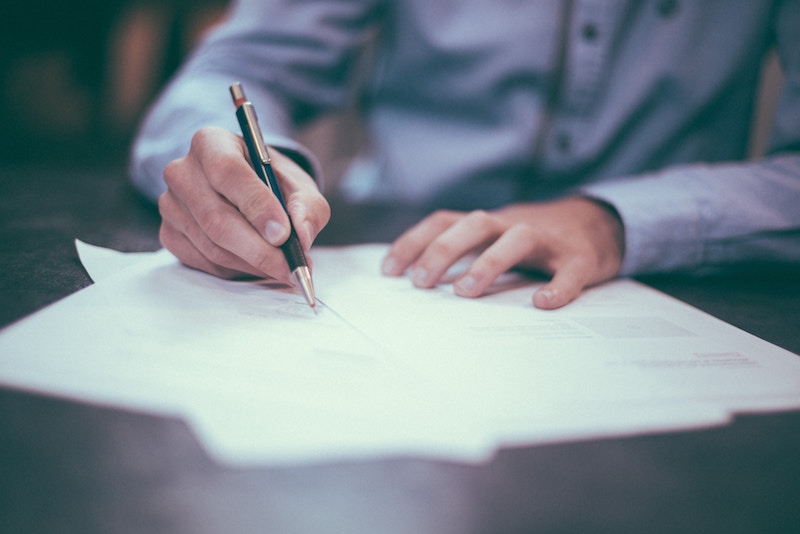Prepare for Your First Meeting with a Criminal Defense Attorney
Being charged with a criminal offense can leave you feeling extremely worried and uncertain about your future. Hiring the service of an experienced New York criminal defense attorney is the first and most important step to protecting yourself and your fate. If this is your first time needing a criminal defense lawyer, you may be unsure about what to expect or how to prepare. Here are some tips to get ready for your first meeting with a defense attorney.
Describe your personal and business background
Your first meeting with your lawyer is significant, as it marks the deciding moments of if you are suited to work with each other. To give your attorney proper understanding of who you are and where you come from, be sure to provide personal and background. Your attorney may ask questions that may seem unrelated to your case, but he or she knows the pertinent information to gather about your personal and business background that may help you fight your case.
Don’t write anything down
Everything that has happened to date is necessary for your criminal defense attorney to assess the situation and the charges against you. While you may think that writing down what happened will help you remember the details in the future, pursuant to New York law anything that you write down or record can be used against you in court.
However, your conversations with your attorney are protected by the attorney-client privilege. Your attorney will know many of the important questions to ask, but he or she will also want to know all the details that only you know. For example, if you’re facing a charge of Driving While Intoxicated, you may not think what you ate and when are important for your attorney to know – but these facts may prove important if you chose to go to trial.
Gather and make copies of important documents
These documents may include documents that describe the offense with which you’ve been charged (misdemeanor complaint or information, felony complaint, or indictment), supporting affidavits, Orders of Protection, receipts for property taken by police, upcoming court dates, bail papers, etc. If you have a prior criminal history, any information on your previous cases would be also helpful.
You may also wish to bring with you any information that led to the incident – for example, if you’re being charged with a theft from a business, you may have documents relating to that business. Those documents may help your attorney understand your case better. The more you bring, the better.
List of witnesses
Helpful witnesses to building your defense case are people who can corroborate your story, saw the events of the crime, can confirm your alibi, can testify to your character, or have any damaging evidence that can dismantle the case against you.
Prepare questions for your attorney
Preparing questions ahead of time for your first meeting with a defense attorney can prevent any important inquiries from being forgotten. Helpful questions include:
- What are your options?
- How many cases similar to yours has your lawyer handled?
- How strong is their area of expertise with such cases?
- Does your lawyer foresee any problems in building your case?
- How often will you be appearing in court?
- How long will the case take before its resolved?
- How would your lawyer charge for services?
References
- Lawyers.com, “Criminal: Preparing to Meet with a Lawyer.” Available at: https://criminal.lawyers.com/criminal-law-basics/criminal-preparing-to-meet-with-a-lawyer.html (last accessed Oct. 4, 2017).

